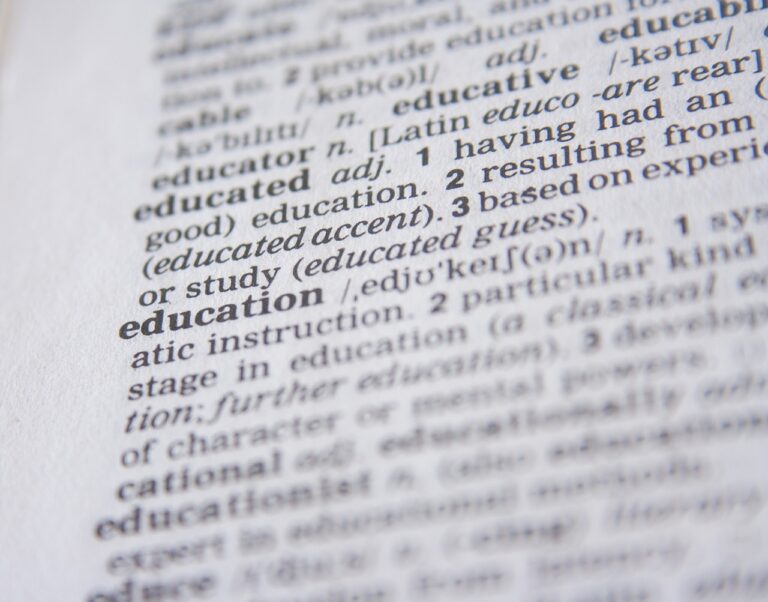The Intersection of Education and Immigration Policy
Immigrant students in the education system often encounter obstacles that hinder their academic success. Language barriers can be a major challenge as students who are not proficient in English struggle to communicate effectively with their teachers and peers. This can lead to misunderstandings, frustration, and feelings of exclusion, making it difficult for these students to fully engage in the learning process.
Furthermore, cultural differences can also pose challenges for immigrant students as they navigate unfamiliar norms and expectations in the educational setting. Differences in teaching styles, disciplinary practices, and social interactions can create a sense of isolation for these students, impacting their overall academic performance and sense of belonging in school. These challenges underscore the need for culturally responsive teaching practices and support systems to ensure that immigrant students have the resources and assistance they need to thrive in the education system.
Impact of Immigration Policies on Access to Education for Undocumented Students
Access to education for undocumented students in the United States is greatly impacted by immigration policies. Restrictive measures such as bans on enrollment, requirements for proof of legal status, and fear of deportation create significant barriers for these students seeking to access quality education. As a result, many undocumented students face challenges in pursuing their academic goals and may be discouraged from attending school altogether.
The uncertainty and fear caused by constantly changing immigration policies contribute to a hostile environment for undocumented students in educational settings. These students often live in constant fear of being separated from their families or detained, making it difficult for them to concentrate on their studies and fully engage in the learning process. As a result, undocumented students are at a higher risk of experiencing academic setbacks and ultimately being denied the opportunity to reach their full potential.
• Undocumented students face bans on enrollment and requirements for proof of legal status
• Fear of deportation creates significant barriers for accessing quality education
• Many undocumented students may be discouraged from attending school altogether due to these challenges
The hostile environment created by constantly changing immigration policies further exacerbates the difficulties faced by undocumented students in educational settings. The fear of being separated from their families or detained looms over these students, hindering their ability to focus on their studies and participate fully in the learning process. Consequently, undocumented students are more likely to experience academic setbacks and may ultimately be denied the chance to achieve their academic potential.
In conclusion, immigration policies have a profound impact on the access to education for undocumented students in the United States. These policies create numerous obstacles that hinder these individuals from pursuing their academic aspirations and reaching their full potential. It is crucial for policymakers to consider the detrimental effects of restrictive measures on undocumented students and work towards creating inclusive educational environments that support all learners, regardless of immigration status.
Strategies for Supporting English Language Learners in Schools
English Language Learners (ELLs) face unique challenges in educational settings. In order to support these students effectively, it is crucial for educators to implement research-based instructional strategies that cater to their linguistic and academic needs. Providing ample opportunities for ELLs to engage in meaningful interactions in English, both inside and outside the classroom, can greatly enhance their language development.
Additionally, incorporating visual aids, manipulatives, and real-life examples into instruction can help ELLs grasp abstract concepts more easily. Teachers should also scaffold their lessons, breaking down complex tasks into smaller, more manageable steps to ensure comprehension and promote student success. By creating a supportive and inclusive learning environment, educators can empower English Language Learners to thrive academically and reach their full potential.
What are some common challenges faced by immigrant students in the education system?
Some common challenges faced by immigrant students include language barriers, cultural differences, lack of access to resources, and discrimination.
How do immigration policies impact access to education for undocumented students?
Immigration policies can impact access to education for undocumented students by creating barriers such as lack of legal status, fear of deportation, and limited access to financial aid.
What are some strategies for supporting English language learners in schools?
Some strategies for supporting English language learners include providing bilingual education programs, offering language support services, promoting cultural sensitivity, and creating inclusive learning environments.







